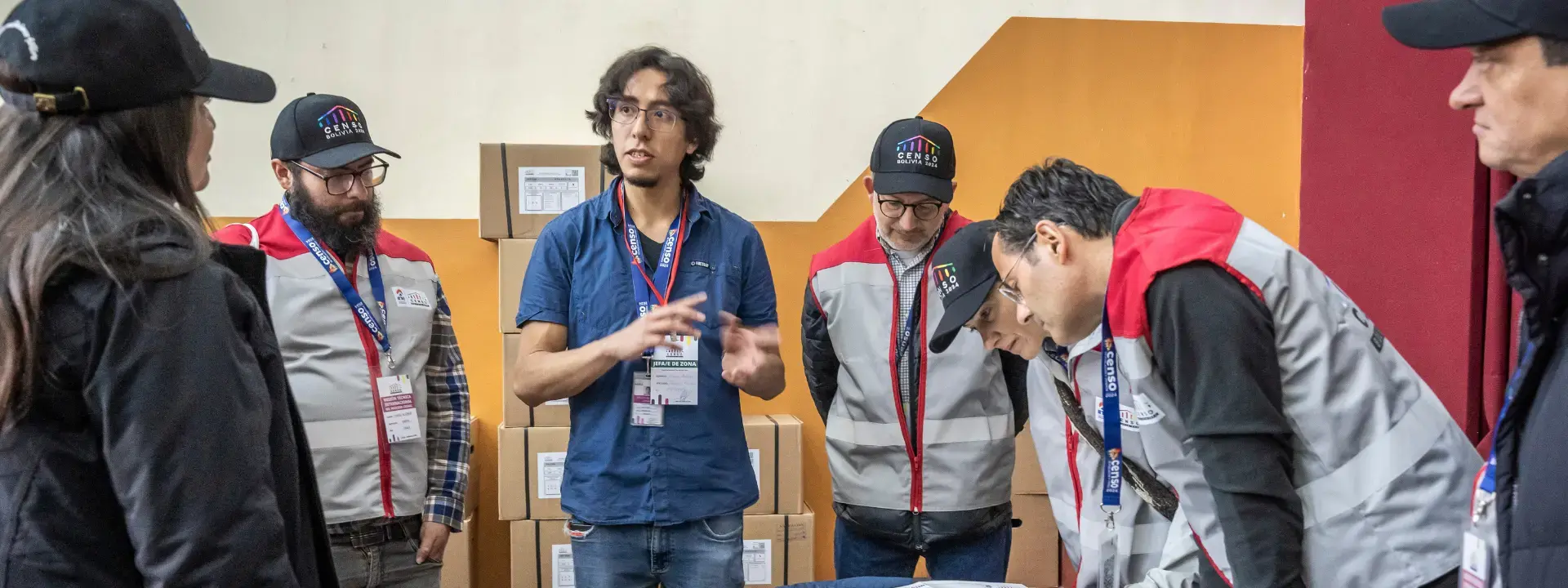Directing efforts, mobilizing resources, and uniting wills so that we may live in a more equitable world
Technical assistance lines are tools that allow us to direct efforts promptly to where they're most needed, helping us understand the complexity of individual and collective challenges in the region.
To identify and respond to the needs of both Country Offices and various work areas, the United Nations Population Fund (UNFPA) Regional Office coordinates technical assistance with centers of excellence, partners in regional program implementation, and independent consultants.
How Do We Achieve It?
Making Quality a Priority
In Latin America and the Caribbean, the group of regional advisors is responsible for coordinating technical assistance based on the UNFPA's strategic framework. This is key to achieving the expected results of each country's programs. As proposed in the Strategic Plan for 2014-2017, technical assistance plays a fundamental role.
To facilitate implementation and transfer knowledge, UNFPA provides Country Offices with technical assistance lines corresponding to each of the outcome areas that are part of the Plan's framework. These are operational and programmatic in nature, covering cross-cutting disciplines such as resource mobilization, communication, monitoring, evaluation, and program development, as well as more substantive areas related to sexual and reproductive health, adolescence and youth, gender equality, and population and development.
UNFPA makes quality a priority throughout all stages of technical assistance, from the planning stage to the process evaluation stage. To meet all needs, mechanisms are put in place to provide assistance even remotely, using communication technology.
Capacities are also multiplied through technical missions, longer-term projects with partners in program and project implementation, and the hiring of specialized consultants who provide solutions and help identify and replicate best practices in the region.
Regional Solutions with Global Impact
The Regional Office has optimized its resources through a technical assistance platform called PALTA, which streamlines the process of registering and certifying consultants and centers of excellence. Through this dynamic platform, the publication of terms of reference and knowledge products generated by technical assistance is facilitated. Additionally, the region benefits from technical assistance provided by the South-South Cooperation Platform.
Today, Latin America and the Caribbean are called to approach technical assistance not only with the goal of closing existing capacity gaps in the region's countries but also from a perspective that allows for the transfer of knowledge, experiences, and good practices that have contributed to its sustainable development to other latitudes.


